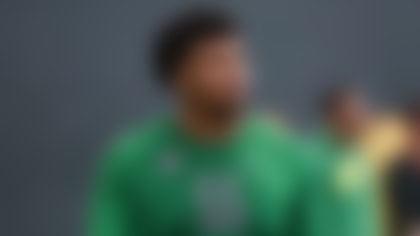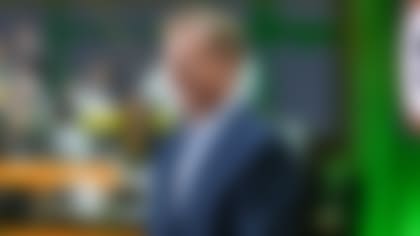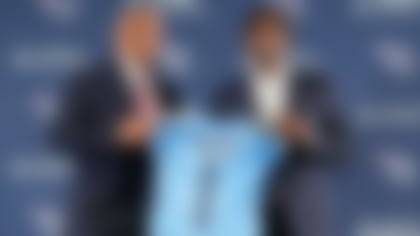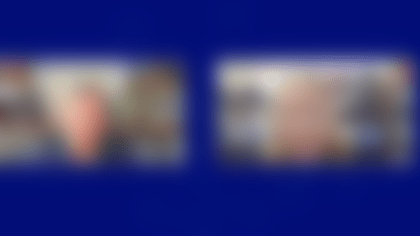The SEC will ask the NCAA rules committee to look into the new targeting rule after the season, conference coordinator of officials Steve Shaw said Wednesday.
The rule, which went into effect for the first time this season, takes more serious measures against above-the-shoulder hits that are made on defenseless players.
One aspect of the rule bothers Shaw: When a player is called for targeting, there is a 15-yard penalty and an ejection of the player. The calls automatically are reviewed by the replay booth, but even if the targeting call is overturned, the 15-yard penalty remains.
Shaw says officials' hands are tied.
"Whether I like it or not, the rulebook says when it is in question, it is a foul," he said.
No change in the rule could come until after the season. Other league officiating coordinators could weigh in over the next few weeks.
Shaw said the rule seems to be having its intended effect.
"We've seen players' reactions change on these type of hits," he said. "Last year, a lot of times we would have a big hit and the player would be chest-bumping and high-fiving his teammates. This year, it's 'Uh oh' and hands on the helmet. Players are getting it."
Ohio State's Urban Meyer is the most recent coach to complain about the rule; Buckeyes star cornerback Bradley Roby was ejected in the first quarter on Saturday against Iowa after being called for targeting. Roby's ejection was not overturned, but Meyer still spoke out against the rule.
"The NCAA and everybody is going to want to relook at that rule," Meyer said Monday. "We at Ohio State are very concerned about player safety. ... Any rule for the safety of players, no question we support it. However, that was a game-changer. To take one of your better players out of the game, that impacted that game."
The officials on the field and in the replay booth felt Roby's hit on Iowa tight end C.J. Fiedorowicz was illegal. Meyer didn't agree, but certainly he knows there is a lot of subjectivity in the call. That's not going to change, even if the rule is rewritten. Some penalties, such as holding and pass interference, always are going to be in the eye of the beholder. Delay of game, illegal formation and illegal procedure, among others, require no subjectivity; either it happened or it didn't. Even with a rewritten targeting rule, subjectivity is going to be there.
And the targeting rule isn't going away. Player safety finally has become a big priority, from youth league football up through the NFL. Still, the NCAA should make sure its targeting rule isn't the object of derision. Look for it to do so in the offseason.
Mike Huguenin can be reached at mike.huguenin@nfl.com. You also can follow him on Twitter @MikeHuguenin.



